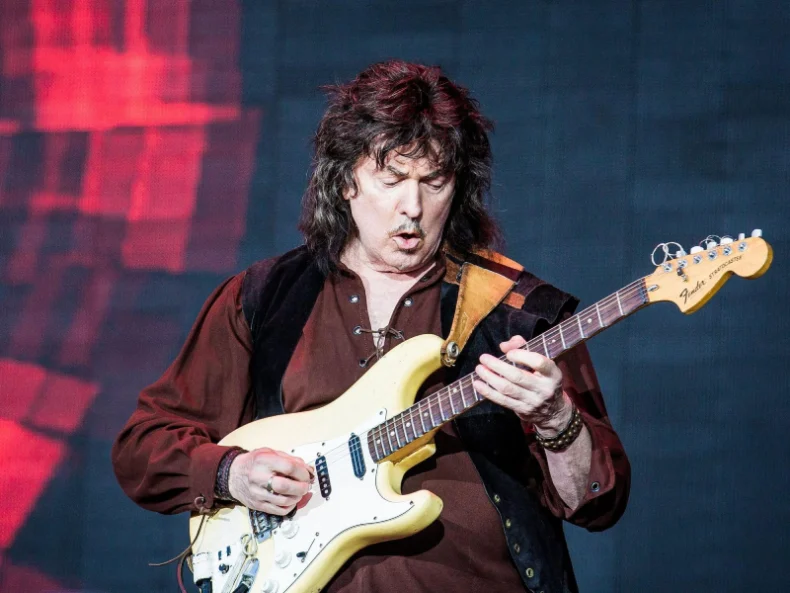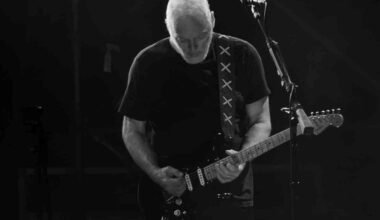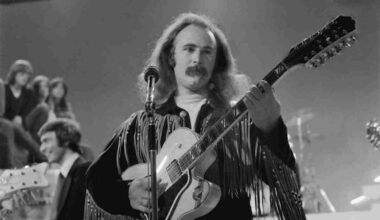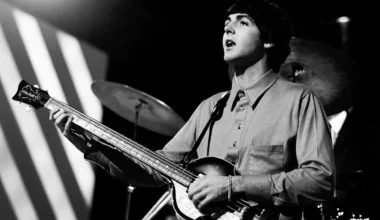On September 7, 1968, a crowd at the Gladsaxe Teen Club in Copenhagen expected to see The Yardbirds perform. Instead, they were met with a sign announcing ‘The New Yardbirds’—a name that did little to inspire confidence. Attendees were less than thrilled. Who were these impostors, and why were they using the name of a legendary band? At the time, they weren’t even called Led Zeppelin.
When the band took the stage, the audience only recognized Jimmy Page. The rest—John Paul Jones, John Bonham, and Robert Plant—were relative unknowns. But in just a few years, this very lineup would revolutionize rock music, becoming one of the greatest bands of all time.
From the start, Led Zeppelin shattered the conventions of their era. They weren’t interested in radio-friendly, three-minute pop tunes. Their music was louder, darker, and more expansive, blending blues, classical influences, and sheer force into something completely new.
While the flower-power scene of the 1960s thrived in California, Led Zeppelin and their contemporaries in Birmingham had no connection to that world. There was no room for psychedelic idealism in a city shaped by industrial grit and post-war reality. Instead, musicians like Page—and later Black Sabbath—sought to craft a sound that reflected their own experience.
But where did this shift in sound begin? According to Deep Purple guitarist Ritchie Blackmore, it was the Small Faces who first took blues in a heavier direction.
“I liked their hard approach when they came out and did ‘Whole Lotta Love,’” Blackmore recalled in a 1978 interview with Trouser Press.
“I immediately tuned in with that type of style because before, when we were fiddling around with orchestras, I thought: something’s wrong. I’m not giving all that I can. Thanks to them for the inspiration. They got it from Jeff Beck, who got it from the Small Faces.”
While the Small Faces aren’t typically credited with being heavy rock pioneers, their music often carried a sharp edge beneath the surface. Tracks like ‘Itchycoo Park’ satirized the idealism of the ’60s, hinting at something darker lurking beneath the era’s utopian dreams. But it was ‘All or Nothing’ that most clearly prefigured Led Zeppelin’s sound.
In that track, Steve Marriott’s vocals were raw and commanding—more powerful than the polished crooning of many ’60s singers. Drummer Kenney Jones delivered a forceful performance, moving beyond the restrained beats that dominated radio at the time. The song’s building intensity mirrored the classical motifs that Led Zeppelin would later incorporate into their own epics.
So while Led Zeppelin ultimately forged their own path, the lineage Blackmore pointed to isn’t far-fetched. The Small Faces may not have been as heavy as Zeppelin, but they played a crucial role in pushing blues rock toward something bigger, bolder, and more powerful. They set the stage for the revolution that followed—and, in Blackmore’s eyes, they were the true beginning of it all.







